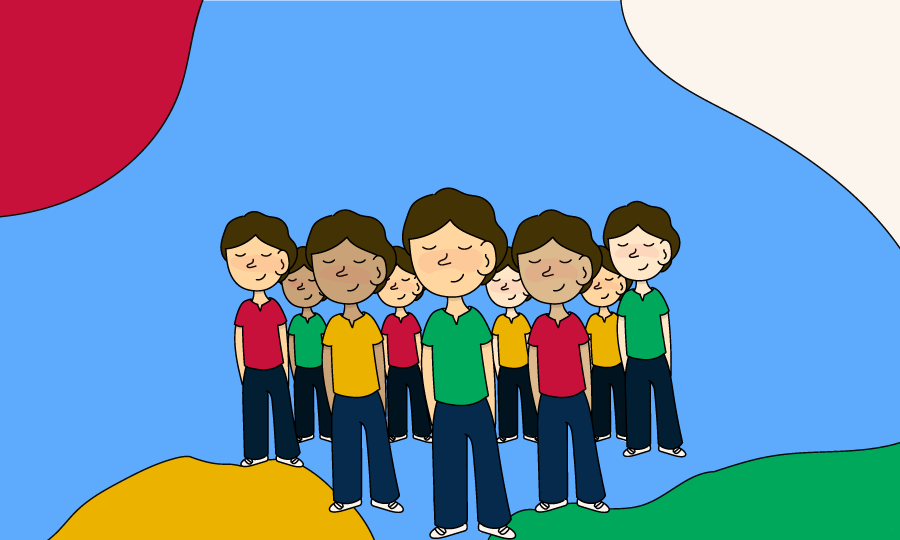The Dunning-Kruger Effect | We’re all biased!
Why some people think they are smarter than they really are, and how the cognitive bias of Dunning-Kruger Effect can affect Human Resources.

Our cognitive biases have a huge impact on the decisions that shape human resources. With this series, we aim to provide short and insightful articles to help you identify your biases, understand how they affect HR, and what to do to address them.
Why some people think they are smarter than they really are, and how the cognitive bias of Dunning-Kruger Effect can affect Human Resources.
One small attribute can impact our overall impression of a person... and lead to recruitment mistakes.
Your recruitment process takes weeks? If you want to choose the right candidate, don't trust your memory.
When doing good frees you to do bad... What does it mean for human resources and how to overcome this bias?
This bias makes you overestimate how much other people agree with you... and it has huge consequences for your company.
In data analytics, you can’t have the whole picture if you look only at those who “survived”! Same in HR.
What is the sunk cost fallacy? It occurs when you continue a wrong behaviour only because of previously invested time, money or effort.
The proverb "the road to hell is paved with good intentions” is a good illustration of this phenomenon.
HR people give too much weight to groups of individuals that are more in the limelight. For example: Millennials. Discover how to overcome this bias
Don’t presume that what can’t be measured isn’t really important.
Psychologists know that people do better when you pay attention to them. Learn how to be aware of this phenomenon and leverage all its positive.
This bias has huge impact for companies: one single toxic manager, one harassment case, one employee burnout can durably damage your employer brand.
Faced with this unintelligible epidemic, incomplete data and a relatively unknown virus, we fall prey to at least 4 typical cognitive biases.
“We are a meritocratic company”, “there is no sexism here”, “I’m no sexist”... It is precisely those ‘deniers’ who perpetuate bias the most!
AI-powered tools learn from historical data that don’t reflect any diversity.
Understanding and valuing differences between people is a strong advantage. These articles provide valuable insights to improve management practices and get more diverse and inclusive teams.
We've selected the most interesting books about the future of work and HR and summed up the main ideas in them to give you inspiration and help you innovate in HR and management.